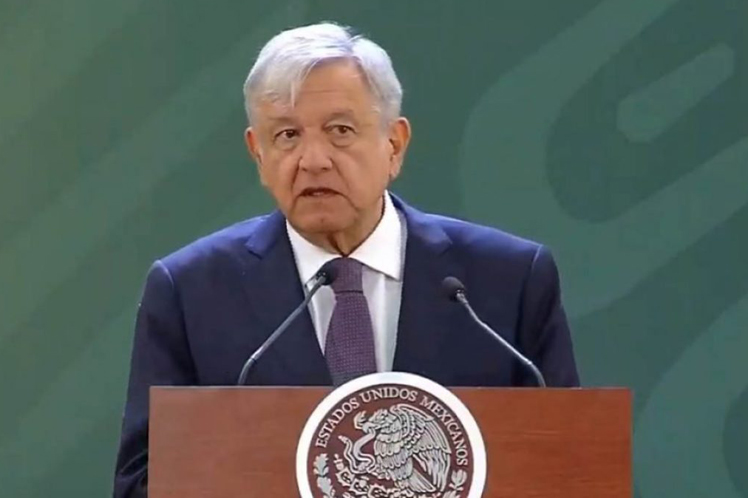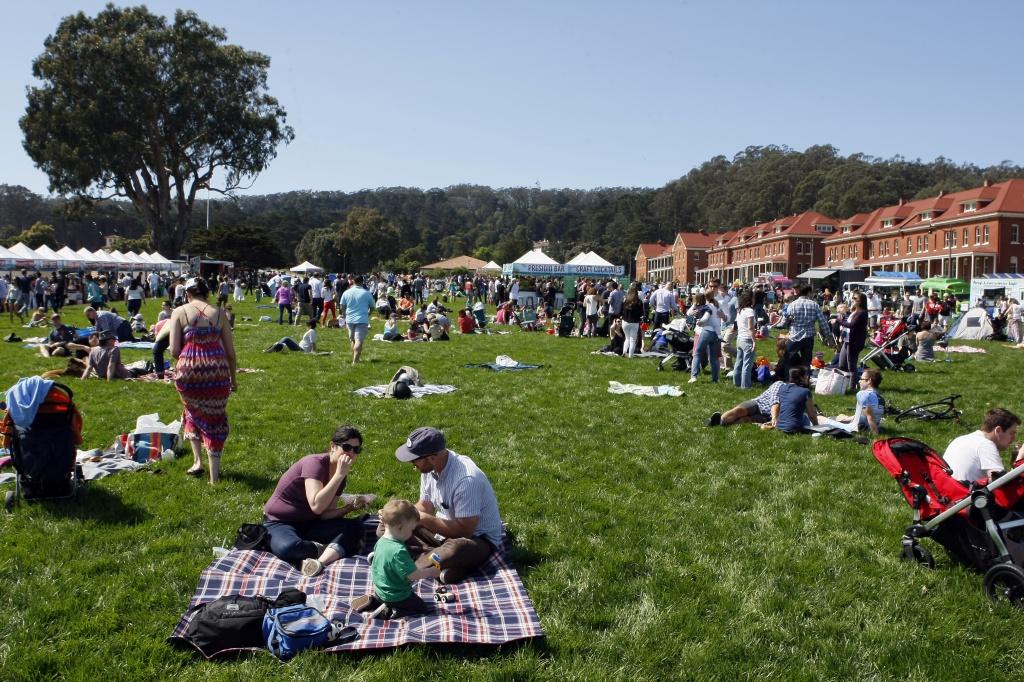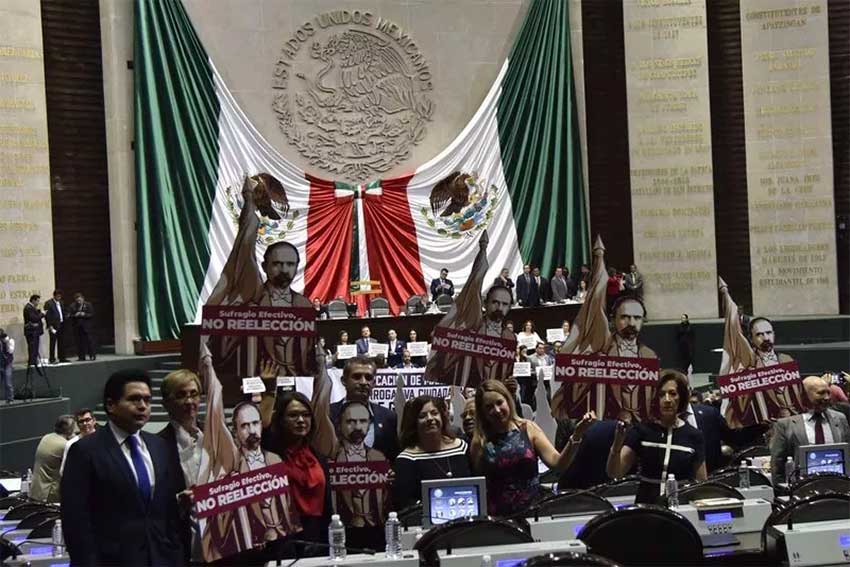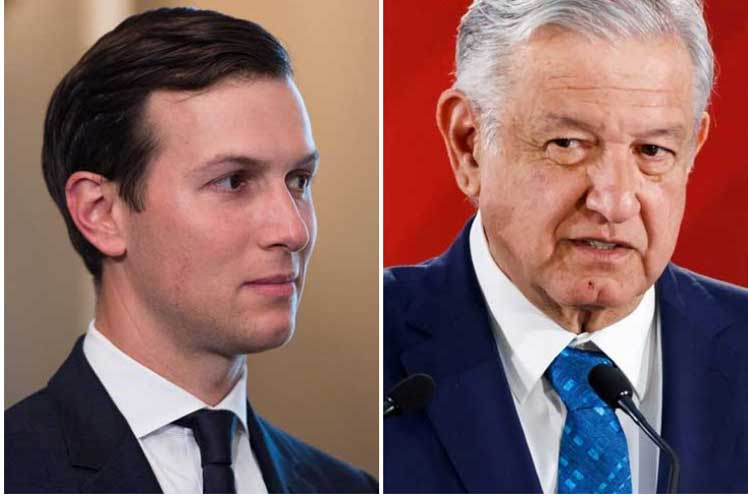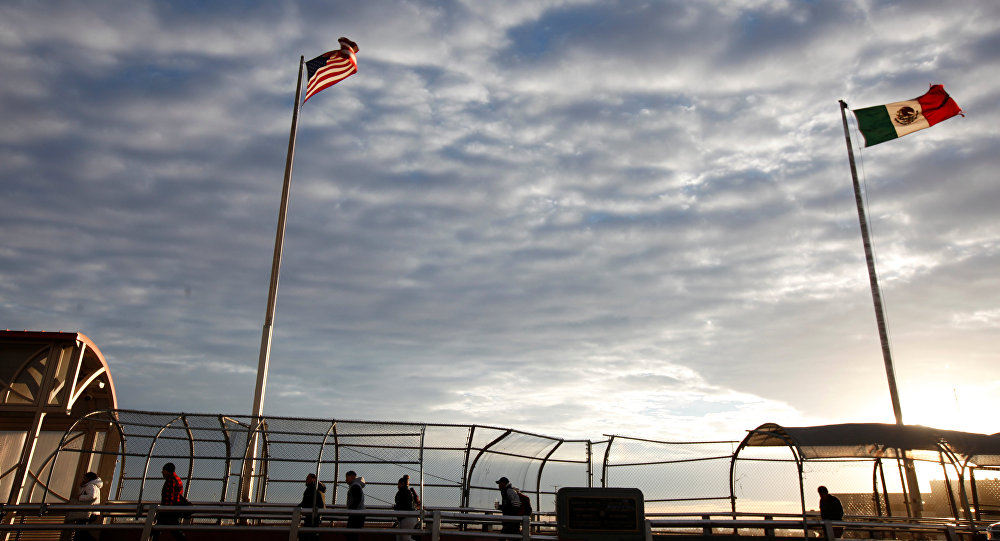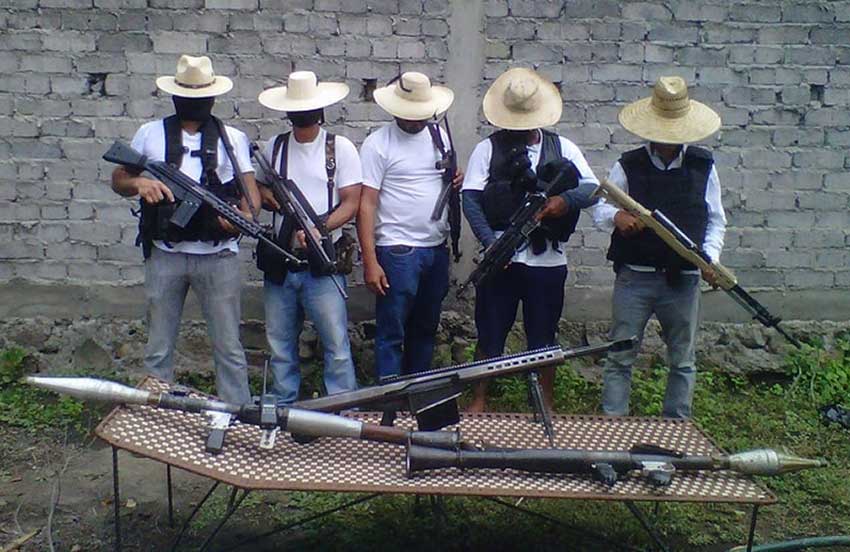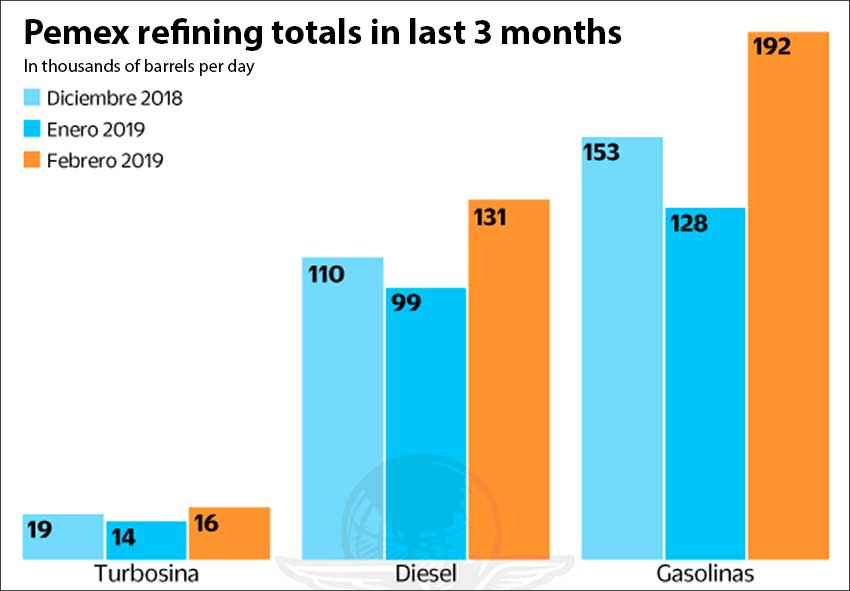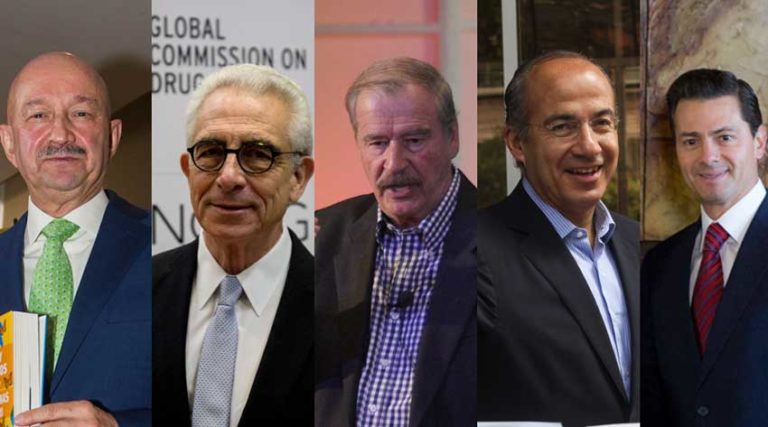by the El Reportero’s wire services
Hundreds of Central American migrants continue their march through the Mexican territory to the United States, with no incidents reported despite the fact that they violated the rules of this country.
The 1,000-people contingent entered Mexico on Tuesday. They did not enter Tapachula presumably due to the acts of violence happened there that day when two municipal agents were shot to death by a presumed gang member, governmental sources informed.
They said that the Central Americans walked on the south beltway and agreed to spend the night in Viva Mexico community, located on the outskirts of Tapachula, already heading towards Huixtla municipality.
The migrants arrived in the Rodolfo Robles International Bridge on Monday, located on the border between Mexico and Guatemala.
They asked the national immigration authorities on Tuesday to give them the card for humanitarian reasons, but as the response was negative, they decided to enter the country without documentation.
Opposition accepts official approach on Mexican National Guard
The opposition bloc in the Mexican Senate accepted Thursday President Andres Manuel Lopez Obrador’s position that the armed forces should be part of the National Guard for the next five years.
After more than two months of intense negotiations, debates, lobbying, criticisms and disagreements, the group of four parties opposed to the government agreed with the ruling Morena to establish a period for the return of the Armed Forces to their barracks, and to replace a transitory article on the issue they had withdrawn from the proposal for constitutional reform.
It was the most controversial point of disagreement of the draft with the constitutional reform of the National Guard and that the opposition advocated because his command was civilian and not military, which created, according to Lopez Obrador, a cartoon of the current and failed federal police.
During this period, the Army and the Navy will continue in the fight against organized crime, while consolidating the new police corporation responsible for public security tasks when it already has 50,000 troops recruited from among the country’s youth and more than 300 regional coordinators are operational.
Although the main part of the controversial document has already been resolved, there are still some other points that are expected to be cleared up during the course of the day to reach the plenary session of the Senate without major problems and with the support of all the political forces.
The change of attitude of the opposition was not free, as Morena had to accept several modifications aimed at clearly establishing the civil character of the organization and committed to secondary legislation, referring to three laws, the organic law to govern the National Guard, the registration of detainees and the Legitimate Use of Force, will be approved in a 60 and 90-day period.
The four opposition parties, Institutional Revolutionary, National Action, Democratic Revolutionary and Citizen’s Movement insisted that the Operational Coordination to replace the Joint Chiefs of Staff be directed by the Secretariat of Security and Protection with the support of the Defense and Navy.

